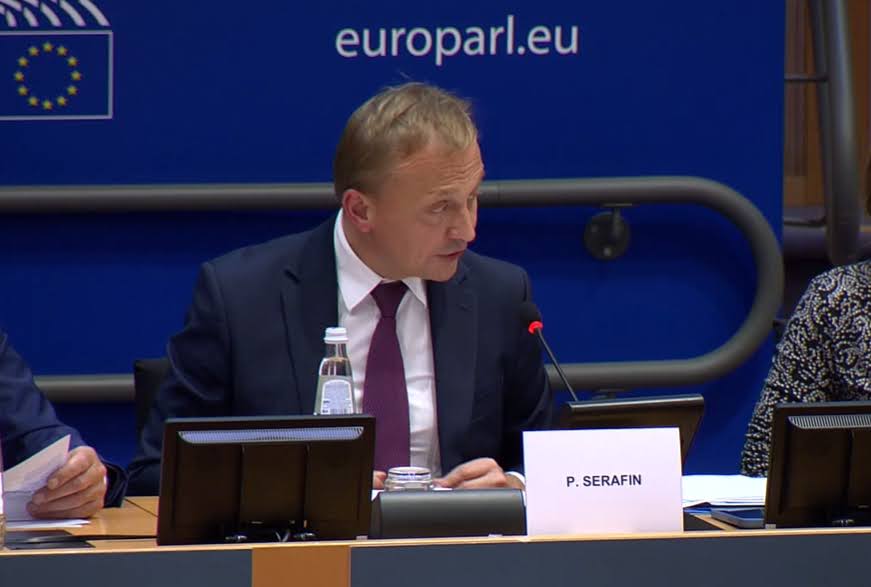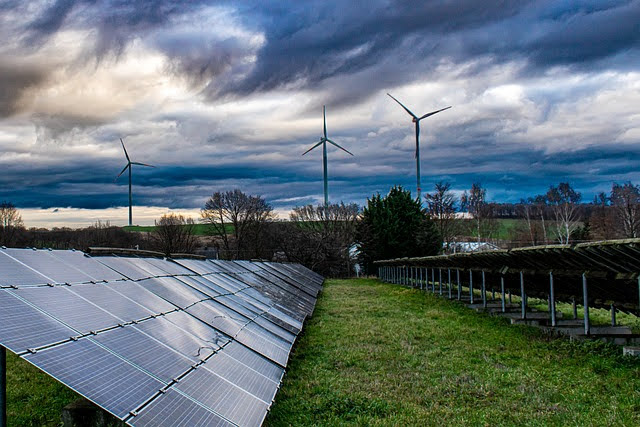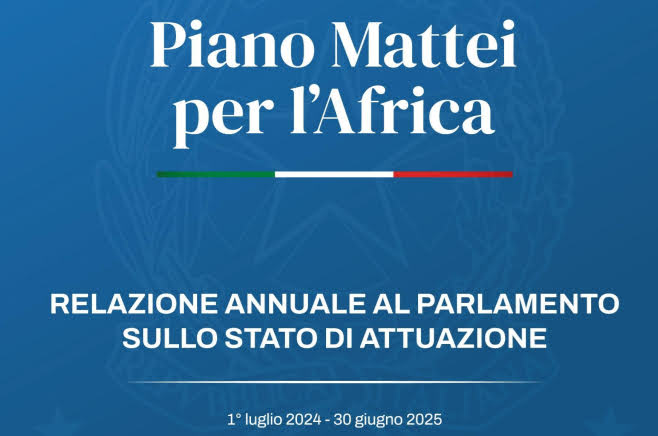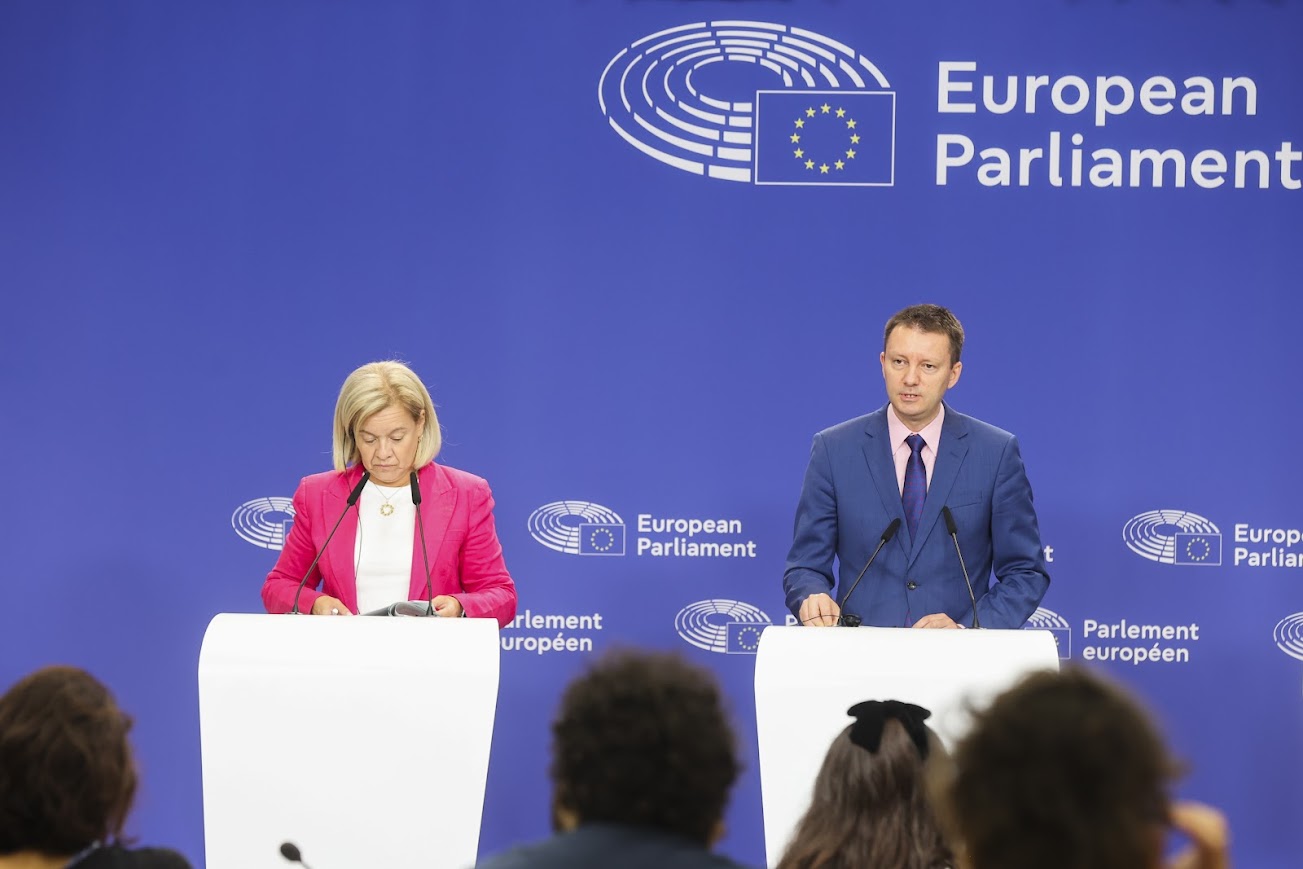Bilancio europeo 2028-2034: il QFP post 2027 vale 2 mila miliardi
 La Commissione Europea ha presentato la sua proposta di Quadro finanziario pluriennale (QFP) 2028-2034: quasi 2 trilioni di euro per tre pilastri - Partenariati nazionali e regionali con dentro Coesione e PAC; Fondo per la competitività; Global Europe - più una rubrica per le spese amministrative.
La Commissione Europea ha presentato la sua proposta di Quadro finanziario pluriennale (QFP) 2028-2034: quasi 2 trilioni di euro per tre pilastri - Partenariati nazionali e regionali con dentro Coesione e PAC; Fondo per la competitività; Global Europe - più una rubrica per le spese amministrative.
Il Parlamento UE è pronto a respingere la proposta della Commissione sul QFP post 2027










